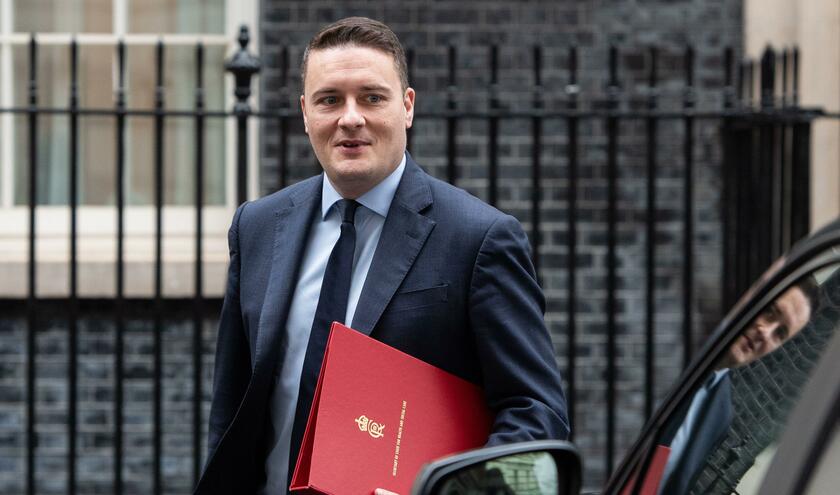The Medium Term Planning Framework pledges 2.5m fewer patients will wait over 18 weeks to receive care, 190,000 more cancer patients to begin treatment within two months of referral and faster access to diagnostic tests and GP appointments.
Health and social care Secretary Wes Streeting said: ‘This is the bold change this Government promised in our NHS. Our ambition is nothing short of the fastest turn around in the history of the health service.
‘Millions more patients will be treated on time, with better cancer outcomes and quicker access to GPs. The NHS will be brought into the digital age, and community care will be given the priority it deserves.'
The roadmap pledges 2.5m fewer patients waiting more than 18 weeks for treatment by March 2029. In addition, 85% of people with a cancer diagnosis are targeted to receive their first treatment within two months of a referral – up from 70% today.
NHS analysis suggests just over 300,000 cancer patients will get their first treatment within 62 days of receiving a referral in 2028/29, up from 226,939 last year (2024/25). While 96% of patients will begin treatment within one more of a cancer diagnosis by 2028/29.
Under the plans, hospitals will be financially incentivised to ensure more patients received care closer to home from neighbourhood teams and CDCs.
The roadmap pledges same-day GP appointments for all clinically urgent patients and sets an ambitious target for 80% of community health service activity within 18 weeks.
It sets out the target of 95% of appointments after triage being available via the NHS App and ensuring all providers leverage the full potential of the Federated Data Platform by the end of 2028/29.
Providers will be required to progress on unnecessary patient follow-up appointments and hospital visits will be reduced by giving GPs specialist clinical advice.
An online software linked to real time up to date clinical guidance, i-Refer, will ensure only those who need a radiology scan will be offered one.
Chief executive of NHS Providers, Daniel Elkeles said: ‘The focus on reducing waiting times, tackling pressures in urgent and emergency care and shifting more care into the community will come as no surprise.
‘But this focus must not come at the expense of other core services, like mental health or primary care, which also matter to patients.'
Elkeles said lack of confirmation on the Mental Health Investment Standard for next year and beyond will be a significant concern for mental health trusts as they grapple with soaring demand and said detail on changes to financial mechanisms would be critical.
‘We also need to see trusts' actual financial allocations and the changes to the tariff structures to know whether the money available matches the ambition,' he said.
Matthew Taylor, chief executive of the NHS Confederation, said: ‘NHS leaders support the Government's reform agenda, but the plan is light on the role of neighbourhoods and their central role in bringing care out of hospitals. There also appears to be mixed messages over devolving power to local leaders while being prescriptive about what they need to deliver. We would also welcome more focus on waits in community and mental health services given the rising demand across these sectors.
‘We are also concerned about setting such a high target for GPs to see same-day urgent cases. While our members recognise the need to prioritise access to general practice, adding such an ambitious target for the first time could significantly impact on the ability to deliver proactive and personalised care to patients which will risk worsening health outcomes and impact on the rest of the system.'



